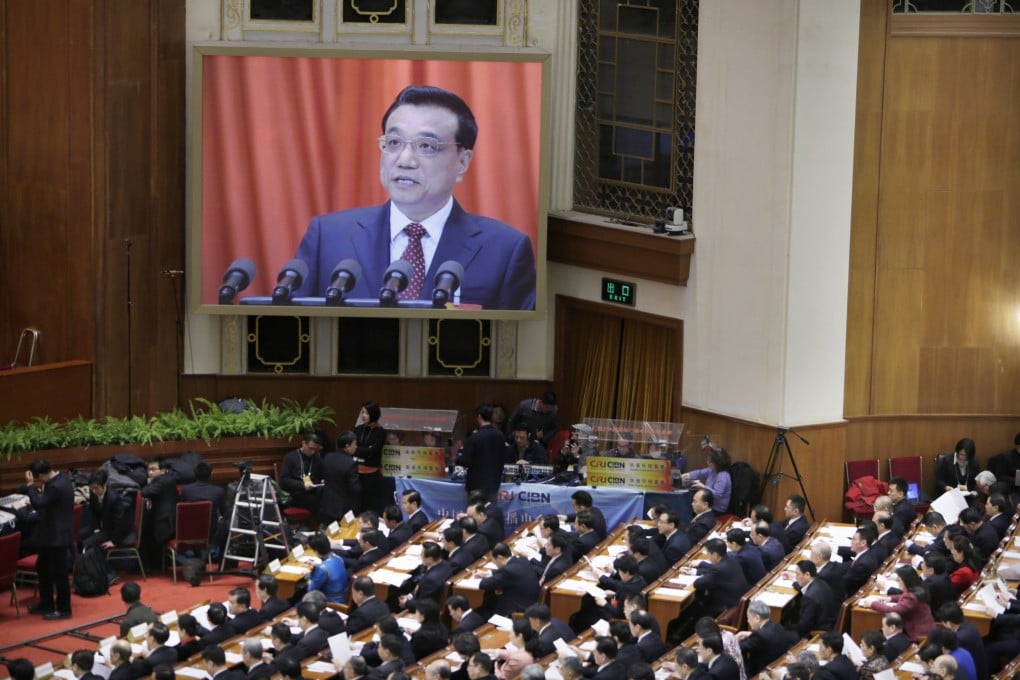Mr. Shangkong | Can Li Keqiang's Internet Plus strategy really save China?
Beijing needs to address censorship before any new strategy can be expected to have an impact

Beijing apparently believes it has finally found the right formula for economic transformation after discussing it for many years without any significant progress. Premier Li Keqiang's so-called Internet Plus strategy.
In Li's presentation of his working report at the annual session of the National People's Congress, he spent some time explaining his scheme, which focuses on internet-powered start-ups and how new technology can be applied to traditional sectors.
Communist Party mouthpiece the People's Daily described Li's strategy as being as important as the Industrial Revolution. I admire such ambition, but I also have reservations.
Outside the Great Hall of the People, it is easy to see the impact of internet-related business on the nation's economy.
Interest in China's homegrown internet industry leaders, including Pony Ma Huateng of Tencent, one of the mainland's leading portals, and Robin Li Yanhong of Baidu, known as the "Google of China", far exceeds interest in the bosses of China's Big Four state-owned banks.
Last week in Beijing, when Ma, an NPC delegate, tried to organise a small media briefing, about 200 reporters rushed to meet him, asking questions about everything from his own business to national economic development.
